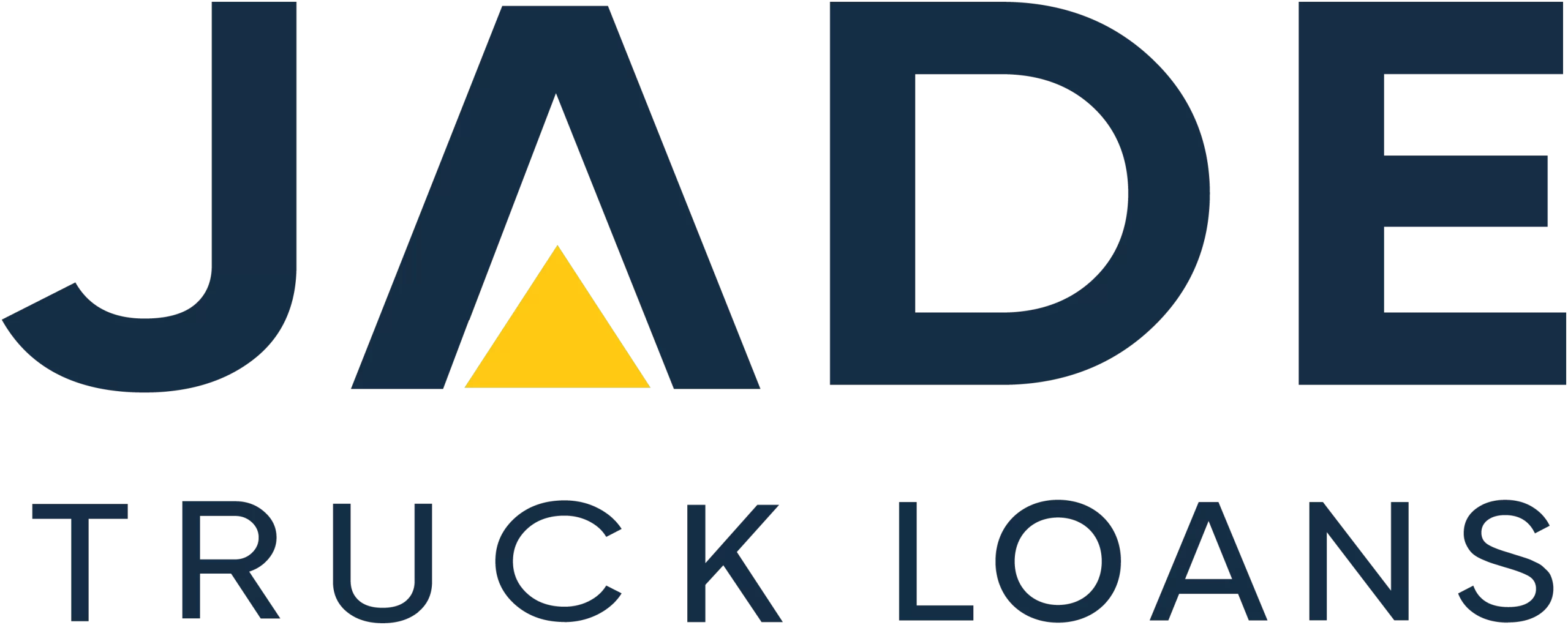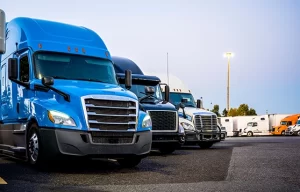Choosing the right truck loan can be critical to achieving the business’ financial objectives for the investment. Operators have the choice of several credit facilities to finance both new and used heavy vehicle purchases – Chattel Mortgage, Commercial Hire Purchase, Lease and Rent-to-Own. While it may appear obvious to simply select the loan product with the lowest interest rate, the decision involves a number of other considerations.
Central to the decision as to which credit facility is best suited to the purchase and the business, are the accounting methods, practices and strategies implemented by the business operation. Accounting may be considered a tedious and uninteresting profession by some. But its role in key finance decisions which may affect the success of a business operation, elevate it’s importance to significant.
As finance brokers it is not our specific role to advise business owners on their choice of credit facility. We do advise that they refer to their accountant who has a more in-depth understanding of the strategy and objectives of the operation. But it can be useful for business owners to have at least a basic understanding of how accounting impacts choosing the right truck loan. To assist, we have prepared this brief overview of some of the basics.
What are Cash and Accruals Accounting?
There are two main methods of accounting used to prepare the annual accounts for commercial enterprises – the cash method and the accruals method. The key difference between the two is the timing for posting invoices (accounts receivable) and bills (accounts payables) to the accounts.
With the cash method, invoices and bills are posted at the time the payment for the invoice is received and the payment of the bill is made. Most Australian businesses implement the cash method of accounting.
With the accruals method of accounting, invoices are posted to the accounts at the time of issue. This may be days, weeks or even months prior to the payment being received. Accounts payable, bills to be paid by the business, are posted to the accounts when the bill is received. This timing may also be well before the bill is actually paid.
Businesses decide which method they will implement, typically in consultation with an accountant and when the business is set-up. The method can only be changed at the start of a new financial year, not part-way through a financial year.
The cash method is considered as providing a clearer picture of the current financial position of a commercial enterprise than the accruals method of accounting.
Matching Loan Types with Accounting Methods
When choosing the right truck loan, Jade Truck Loans assists operators with a full selection of credit facilities to suit all accounting methods and objectives. We offer the four types of asset acquisition credit facilities - Chattel Mortgage, Commercial Hire Purchase, Lease and Rent-to-Own, which have suitability to either the cash or accruals method of accounting.
Chattel Mortgage is best suited to businesses that use the cash method. Lease and Rent-to-Own are compatible with the accruals method of accounting. Commercial Hire Purchase, which is also known as Hire Purchase or HP, is suitable to either method. Making HP a versatile facility for businesses using the accruals method to realise benefits and interest rates on par with Chattel Mortgage.
The method of accounting used by a commercial operation is usually the first consideration when choosing the right truck loan type. New and used vehicles can be financed with these same credit facilities but can attract different interest rates, collateral conditions, terms.
Tax Deductions and the Balance Sheet
Accounting strategies are also a major consideration with finance product decisions in regard to the approach to the balance sheet. This then flows onto the way tax deductions are realised.
With Chattel Mortgage and CHP, the business takes ownership of the vehicle on settlement of the loan. This means the vehicle is posted to the accounts or balance sheet as an asset/liability. As an asset, the vehicle is subject to depreciation. The value of the depreciation is a tax deductible expense. The percentage of the annual depreciation is in line with ATO schedules at the time of purchase.
In contrast, with Lease and Rent-to-Own, the lender retains ownership of the vehicle over the finance term. As such, the business does not post the vehicle to their balance sheet as an asset/liability. These forms of credit are referred to as off-balance sheet facilities. Tax deductions for these credit products are realised with tax deductible monthly expenses.
Where the business strategy is not to have a large asset on their balance sheet, Lease or Rent-to-Own may be the preferred options, if using the accruals method of accounting.
Comparing Truck Loans
While there are many aspects to take into account when choosing the right truck loan, operators can use our Finance Calculator to compare credit facilities based on interest rates. Chattel Mortgage and CHP attract the lowest rate with Leasing a bit higher and Rent-to-Own the highest of asset acquisition finance products. These variations are standard across the commercial lending market.
Choosing the right truck loan is a very important decision and our experts are available to assist operators with information and the best interest rates on all options.
For quotes to assist with choosing the right truck loan, contact Jade Truck Loans on 1300 000 003 or connect online.
DISCLAIMER: THIS INFORMATION IS ISSUED PURELY FOR THE PURPOSE OF GENERAL INFORMATION PROVISION. IT IS NOT TO BE TAKEN AS THE ONLY SOURCE OF INFORMATION FOR BASING FINANCIAL DECISION-MAKING. THOSE REQUIRING FINANCIAL GUIDANCE AND ADVICE SHOULD CONSULT WITH THEIR FINANCIAL CONSULTANT OR ADVISOR. NO LIABILITY IS ACCEPTED FOR ANY MISREPRESENTATION OF POLICIES, DATA OR ERRORS IN THIS CONTENT.


 " alt="">
" alt="">